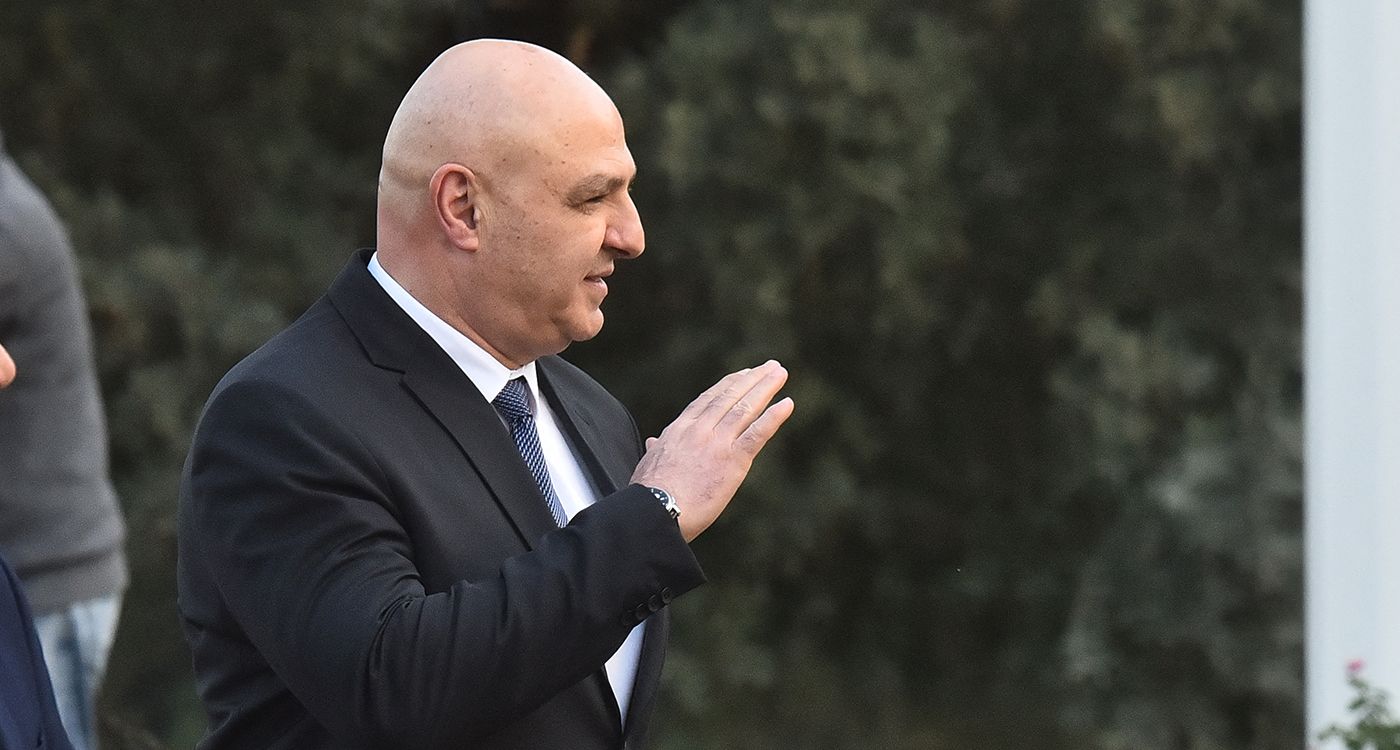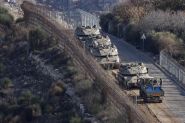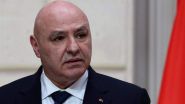
“I did not come to engage in politics, but to build a state that can only be founded on justice and equality for all its components.” This statement, delivered by General Joseph Aoun, Lebanon's first president after its centenary, during his first official meeting with a congratulatory delegation, succinctly summarizes his vision and presidential objectives.
The former Army Chief, who safeguarded the military institution during the toughest crises to hit the country, concluded his inaugural address after being elected with the following statement: “This is a pledge to respect the constitution, build the state, and uphold the law. This is Lebanon's pledge.”
Aoun was elected with 99 votes out of 128 in the second round, ending a vacancy that lasted two years, two months and nine days. He announced the start of a new phase, pledging to be the foremost guardian of the National Pact and the Taif Agreement and to ensure their implementation. He also vowed to act as a fair arbiter among institutions, raising the banner of the law and asserting, “We must all abide by the rule of law and the authority of the judiciary.” Furthermore, the new head of state stressed that the state, and only the state, is responsible for protecting the nation. This was a clear reference to ending the role of the resistance, asserting state authority over the Palestinian camps, and ensuring that weapons remain exclusively under state control. In this regard, time is of the essence.
In this context, an opposition leader noted that this is the first time in 30 years a president has been elected outside the influence of the Hezbollah-led “resistance axis” or without its backing. The choice of the new president was fashioned by the changing regional political landscape following the Israeli war on Hezbollah, the assassination of its leaders, the fall of Bashar al-Assad’s regime in Syria, and Iran’s diminishing influence in the region. These shifts in power dynamics prompted various parties to expedite the election process and led Iran’s allies to accept the prevailing reality. As a result, they “got on board” with the new equation and backed the candidate of change: one supported by the Quintet committee, which includes France, the United States, Egypt, Saudi Arabia and Qatar.
A former official noted that Aoun is the first president to address the state, its institutions and national sovereignty in his inaugural speech. In fact, a diplomat described the new president’s speech as a combination of the visions of the late presidents Fouad Chehab and Bachir Gemayel.
President Aoun’s inaugural address was, undeniably, a speech focused on governance. The tryptich of “people, army, resistance” was notably absent, replaced instead by “people, army, state.” The speech made no mention of the resistance; instead, it emphasized the state's exclusive role in confronting Israel and deterring any type of aggression, as well as its right to monopolize the use of force. A former official noted that the president is not submitting a specific agenda to the public but rather a vision – a framework for institutional order and respect for the necessary balance that maintains stability and ensures Lebanon’s relations with the rest of the world, while avoiding the politics of alliances. The key question remains: will the political class cooperate with the new president to deliver on these promises?
Today, Lebanon has transitioned into the orbit of “Pax Americana,” with the state now functioning under the political guidance of the Paris Quintet. This is further reinforced by the importance of implementing the ceasefire agreement between Lebanon and Israel. At this juncture, the political and security framework necessitated the election of President Aoun and the resolution of the presidential vacancy to expedite processes, accelerate solutions, and ease regional tensions. Therefore, the need for a president capable of adapting to successive developments, negotiating on Lebanon’s behalf, and steering through these shifting dynamics has become crucial.
Amid shifting regional dynamics – marked by Iraq’s rejection of Iranian dictates, the fall of Assad’s regime and the assassination of Hezbollah leaders – Iran’s influence appeared to wane. In response, political forces rallied around Aoun. Some sought to claim credit for his rise, others portrayed his election as a personal victory, while the Shiite duo, Amal and Hezbollah, backed Aoun to safeguard their interests. Sources from the opposition camp noted that the Shiite duo had no choice but to back Aoun. This decision was further prompted by the withdrawal of Marada leader Sleiman Frangieh from the presidential race.
The new presidency will bring a fresh approach to revitalizing the state, focusing on equality before the law. Political patronage will be eliminated, with a clear separation of powers and enhanced cooperation. The era of consensus-based governments will be rejected, as it conflicts with democratic principles. The constitution, the Taif Agreement and the rule of law will be upheld. Both the state and government must align with the president’s vision, spelled out in his inaugural address, as a roadmap for the term ahead.
President Aoun is a leader committed to resolving the crisis, not merely managing it.




Comments